Simon Wong’s father taught his children to help people if they have the ability to do so — a philosophy ingrained in his business as well.
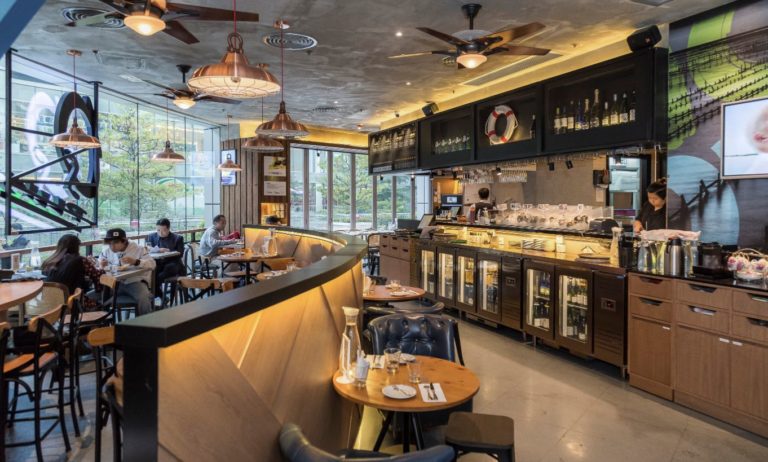
Simon Wong’s father taught his children to help people if they have the ability to do so — a philosophy ingrained in his business as well.
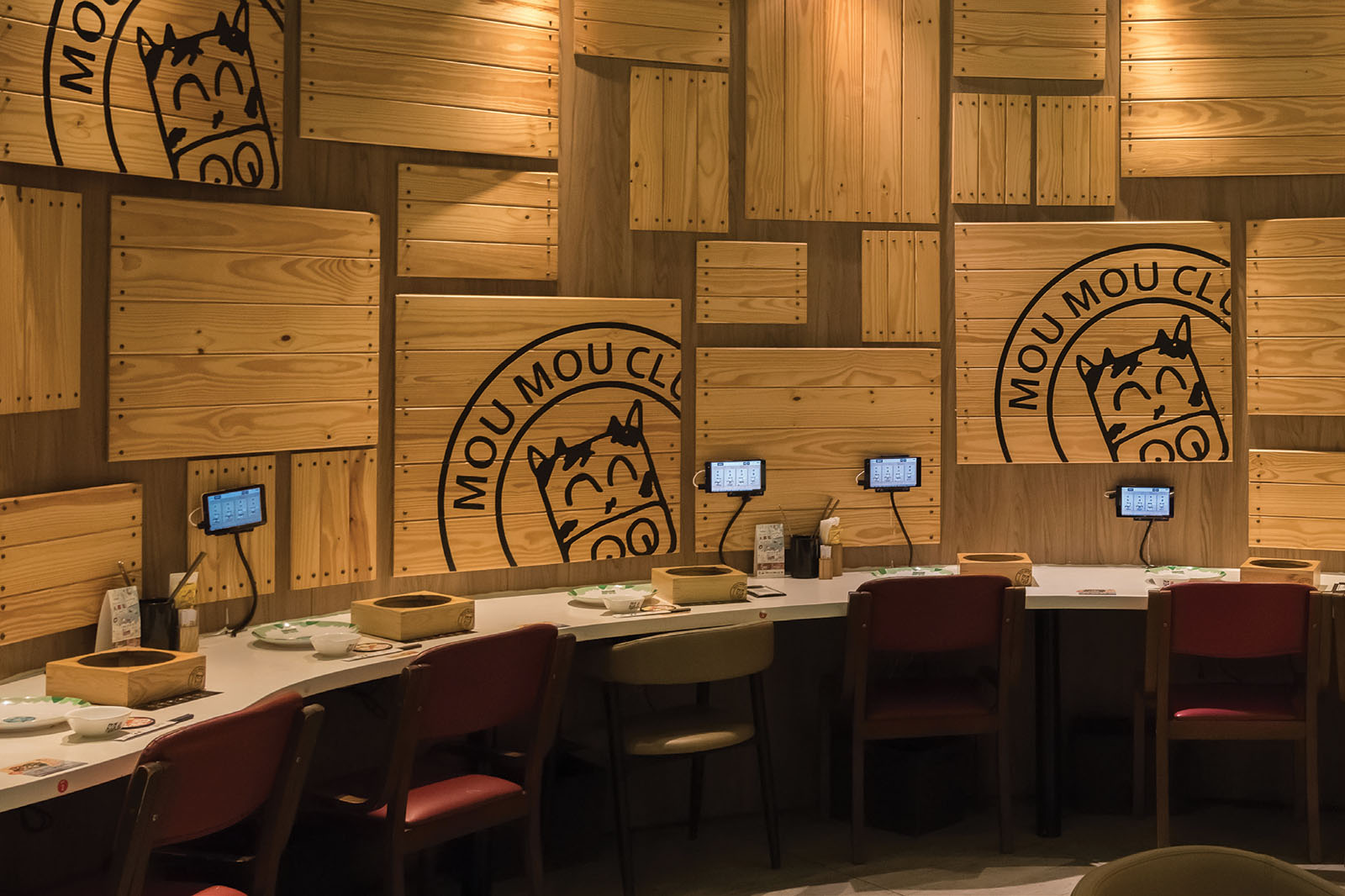
‘ The business community must take up social responsibilities. Rather than merely donating money, every decision should also contribute to helping society.’

LH Group(HKSE: 1978) has embarked on impressive growth in recent years with a number of Asian brands, including the highly popular Gyu-Kaku (牛角) and Mou Mou Series (牛涮鍋). At the heart of the reform is Chairman and Chief Executive Officer Mr Simon Wong, who seeks to create touching stories with food as well as his vision for the food and beverage industry.
You are a qualified engineer, why did you decide to switch to the food and beverage (F&B) industry? Was it because your father is one of the founders of LH Group?
Many think that I am one of the ‘wealthy second generation’, and just effortlessly took over the family business. Actually, LH Group is owned by several shareholders, and my father is one of the founders. At first, he did not want me to work in the F&B industry, which is arduous and tiring. He wanted me to pursue my studies to be a professional. Indeed, I recall that when I was a child, my father would leave early for work and come home late, spending very little time with us. Later, I managed to qualify as a civil engineer and worked as one for more than 10 years.
I subsequently decided to join LH Group to bring about changes. The business had been making a loss for years, having shrunk from more than 30 outlets at its peak to only six in public estates. It is no exaggeration that if we had not made changes then, it would have been difficult for the Group to survive.
How did you lead the change?
I wanted to turn LH Group into a professionally managed operation instead of a family-run business. Traditional enterprises become stagnant at some point, typically because the leader becomes the bottleneck. When he or she does not set new directions for the company, the company simply does not grow. I pushed for the establishment of a professional management team to overcome the bottleneck through fresh ideas and new ways of thinking. This laid a good foundation for the business and helped promote long-term growth.
We position LH Group as a house of Asian brands. After years of development, the Group has become the second in Hong Kong that offers full-service restaurants, with Japanese restaurants being the biggest revenue contributor. The reform has been implemented despite many challenges. That said, I firmly believe that the Group still needs to continue innovating in order to survive in the F&B industry.
Change is a long process — I often say that the biggest challenge is with one’s mindset. If one wants the company and colleagues to change, change must first begin with oneself. At work, I have to understand the difficulties my colleagues face, understand whether my ideas truly resonate with them, not to mention solving issues, big and small, each day. I believe this is the responsibility of management: if there is no problem, there is no need for management. Over the past 12 years, every day comes with new challenges, but at the same time overcoming them gives me a sense of satisfaction.
The Group is very supportive of environmental protection and corporate social responsibility, and is among the first to introduce shark fin-free wedding banquets; what is the rationale behind this?
Perhaps it is my engineering background that makes me more conscious about the impact on the environment. Another reason is that I was moved after participating in the trueman show Poorman Millionaire Challenge several years ago. The experience enabled me to learn more about those less fortunate and to better understand that society has many needs, to which the F&B industry can help and contribute. Naturally, it is impossible for a company to tackle this alone. When other stakeholders such as shopping malls are willing to cooperate, we can achieve more with less. Fortunately, many malls are happy to support environmental protection and actively provide space for kitchen waste, sorting and recycling.
What are you looking for in the location of your restaurants?
We choose to locate our restaurants in shopping malls because the amenities and positioning of malls match our brand, given that we target both young people and families. Consumers today want an all-rounded experience which malls can provide by letting consumers shop, dine and complete other tasks all under one roof. Also, the marketing prowess and facility support in malls, such as food waste management as well as sorting and recycling facilities, meet our requirements. Shopping malls are our preferred choice of locations for our restaurants.
What changes in trends do you foresee in the Hong Kong F&B industry?
I think the F&B industry will become more professional and specialised, and brands will have to start projecting a curated image. For example, if a consumer thinks of grilled meat, Gyu-Kaku will come to mind. Another trend is environmental protection; we have been actively promoting measures such as going strawless, and cherishing food to avoid food waste. Gyu-Kaku has even integrated Beyond Meat into its menu, becoming the first grilled meat restaurant in the market to offer vegetarian meat. Technology is also a significant game changer. Now, customers can reserve a table with an app and save time on queueing. It will only become more convenient in the future.
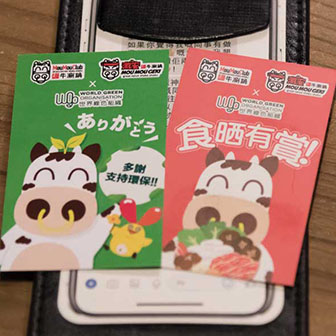
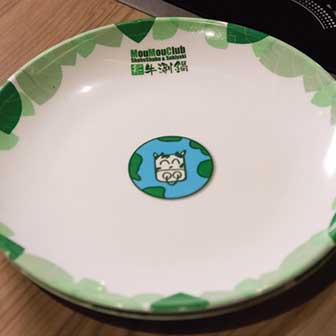
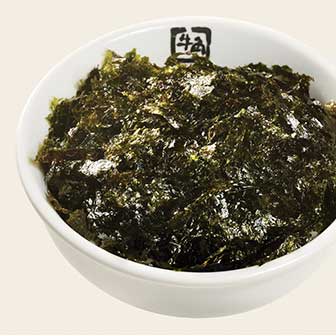
Simon wants to receive candid feedback from his customers, so he leaves the details to where customers can do this on every table. ‘I respond to everything personally and I’m the only one that has the password; even my secretary does not have it,’ remarks Simon. Among the compliments and criticisms he receives every day, a story about a bowl of rice with toasted seaweed and spring onion is particularly memorable. ‘A mother wanted to takeaway some rice, but we have never offered a takeaway service. Upon asking her the reason for her request, she revealed that her child was ill in the hospital and refused to eat anything except our rice. Hearing this, our staff immediately set about preparing a takeaway portion of rice for the mother to bring to her child when she went to visit. Afterwards, the mother emailed me expressing her gratitude and praising the staff’s empathy,’ he adds, ‘I am deeply touched and delighted that the corporate philosophy of “Exceed Expectation” has been exemplified. Thanks to this feedback channel, I know how hard they work.’
| Cookie | Duration | Description |
|---|---|---|
| cookielawinfo-checkbox-analytics | 11 months | This cookie is set by GDPR Cookie Consent plugin. The cookie is used to store the user consent for the cookies in the category "Analytics". |
| cookielawinfo-checkbox-functional | 11 months | The cookie is set by GDPR cookie consent to record the user consent for the cookies in the category "Functional". |
| cookielawinfo-checkbox-necessary | 11 months | This cookie is set by GDPR Cookie Consent plugin. The cookies is used to store the user consent for the cookies in the category "Necessary". |
| cookielawinfo-checkbox-others | 11 months | This cookie is set by GDPR Cookie Consent plugin. The cookie is used to store the user consent for the cookies in the category "Other. |
| cookielawinfo-checkbox-performance | 11 months | This cookie is set by GDPR Cookie Consent plugin. The cookie is used to store the user consent for the cookies in the category "Performance". |
| viewed_cookie_policy | 11 months | The cookie is set by the GDPR Cookie Consent plugin and is used to store whether or not user has consented to the use of cookies. It does not store any personal data. |